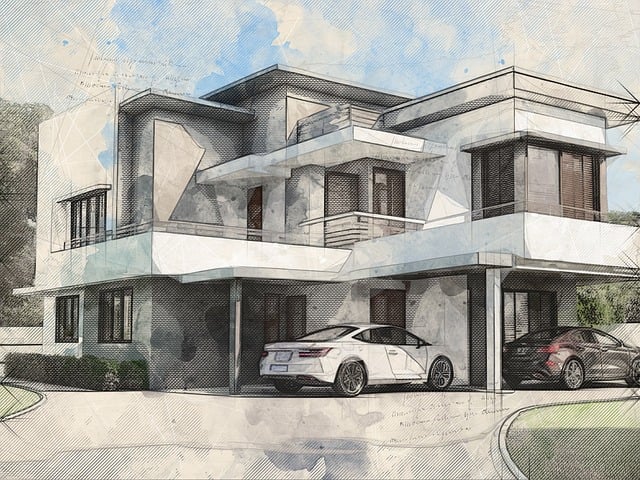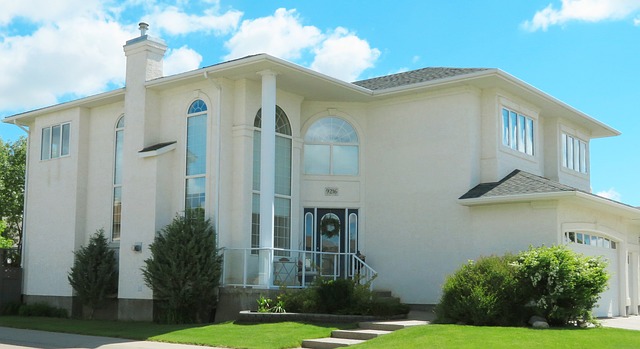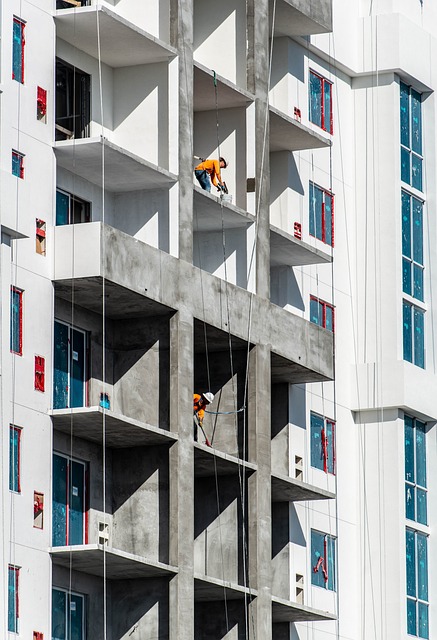To effectively analyze Executive Condominium (EC) prices in Singapore, one must consider a multitude of factors including location, size, age, on-site facilities, and the unique transition from private living to public housing status after ten years. ECs offer a middle ground between HDB flats and full condominiums, designed for young families who may exceed income limits for private property. The price of an EC is influenced by its position within this transitional phase, as well as by broader economic indicators, interest rates, and housing policies. Prospective buyers must scrutinize recent sales of comparable units, monitor market trends, and understand the eligibility criteria that include income ceilings and occupancy rules. An in-depth analysis that combines local market data with an overview of wider economic trends is crucial for accurate insights into potential shifts in Executive Condominium Prices over time. Remember that ECs are a cost-effective alternative to private residences, yet still command higher prices than standard HDB flats due to their enhanced features and amenities.
In the dynamic realm of Singaporean real estate, Executive Condominiums (ECs) present a unique and attractive option for homeowners. These hybrid properties blend the benefits of public and private housing, offering affordability and amenities that cater to diverse living needs. As potential buyers navigate the intricacies of EC pricing and ownership, it is imperative to understand the legal considerations that underpin their purchase, resale, and future value. This article delves into the nuances of EC legal frameworks, from eligibility criteria to long-term implications, ensuring buyers are well-informed on Executive Condominium price dynamics and compliance requirements. By exploring the factors influencing pricing, market trends, and legal aspects, prospective owners can make informed decisions that align with their financial and residential aspirations.
- Understanding the Framework of Executive Condo (EC) Pricing
- 1. EC vs. Private Residential Properties: Pricing Dynamics
Understanding the Framework of Executive Condo (EC) Pricing

navigating the Executive Condominium (EC) market requires a keen understanding of the pricing framework, which is distinct from both public housing and private condominiums. Prospective buyers must consider several factors that influence EC prices, primarily including the location, size, age, and facilities offered by the development. Unlike standard resale flats, ECs are a hybrid of HDB and private market properties, which means they strike a balance between affordability for young families and the allure of private property living. The pricing of ECs is subject to government regulations that set criteria for eligibility, and these condos revert to regular resale flats after 10 years, which can affect their valuation. It’s crucial to analyze recent transactions of similar EC units in the vicinity, as market trends often dictate price movements. Additionally, potential buyers should keep an eye on the broader economic indicators and real estate trends, as these can impact the overall Executive Condominium Price. Factors such as interest rates, economic outlook, and housing policies can all influence the pricing landscape of ECs. Therefore, a comprehensive approach that combines market data with macroeconomic factors will aid in understanding and anticipating how Executive Condominium Prices might shift over time.
1. EC vs. Private Residential Properties: Pricing Dynamics

When considering a property purchase in Singapore, discerning the pricing dynamics between Executive Condominiums (ECs) and private residential properties is crucial for potential homeowners. ECs are hybrid housing options designed for couples who can afford a newer flat or want more space than what is typically available in HDB flats but do not qualify for private property ownership due to income restrictions. These properties offer a unique middle ground between public and private housing, which translates into different pricing mechanisms.
The pricing of ECs often reflects a balance between the affordability offered by public housing and the premium associated with private residences. Factors such as location, development stage, and unit type play significant roles in determining the executive condo price. Unlike private properties, ECs are subject to resale restrictions where they revert to public housing status after a certain period, typically 10 years, which can influence their initial pricing. Additionally, the eligibility criteria for purchasing an EC include income ceilings and occupancy rules that affect both the initial buyers and subsequent market. This unique set of conditions creates a distinct market segment with its own pricing dynamics, often more affordable than private properties but generally priced higher than standard HDB flats due to their larger size and added amenities. Investors and homeowners interested in ECs should consider these factors alongside broader market trends to make an informed decision about their investment.
When considering an investment in an Executive Condominium (EC), understanding the pricing dynamics vis-vis private residential properties is crucial. The article has delved into the framework of EC pricing, providing a comprehensive overview that underscores the unique position these properties hold within Singapore’s property landscape. Prospective buyers and investors should pay particular attention to the factors influencing EC prices, as they play a pivotal role in determining value and affordability. By staying informed on market trends and regulatory changes, one can navigate the purchasing process with confidence, ensuring a well-informed decision for current and future living needs.



